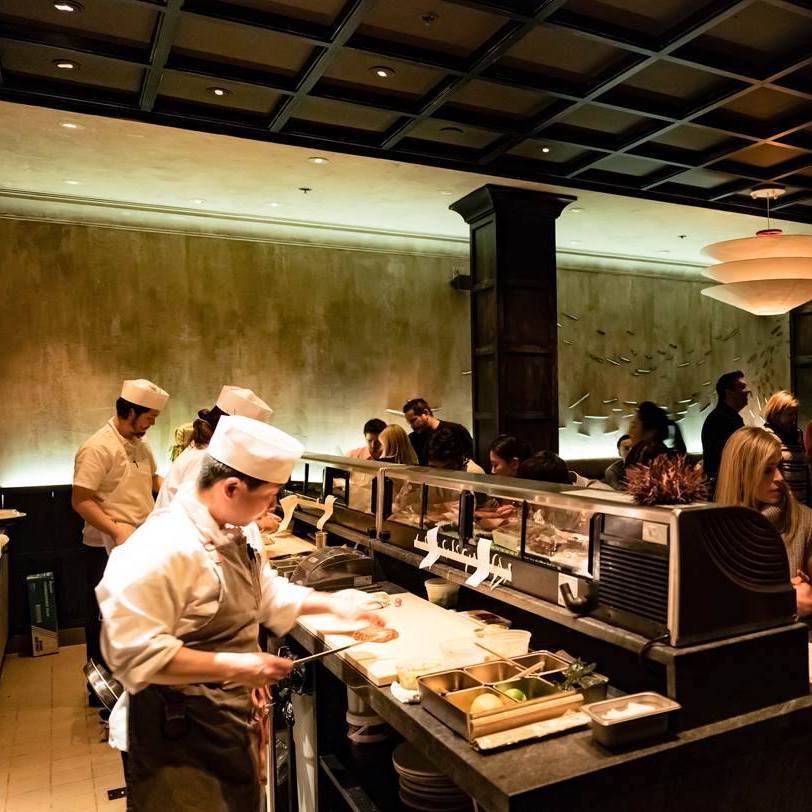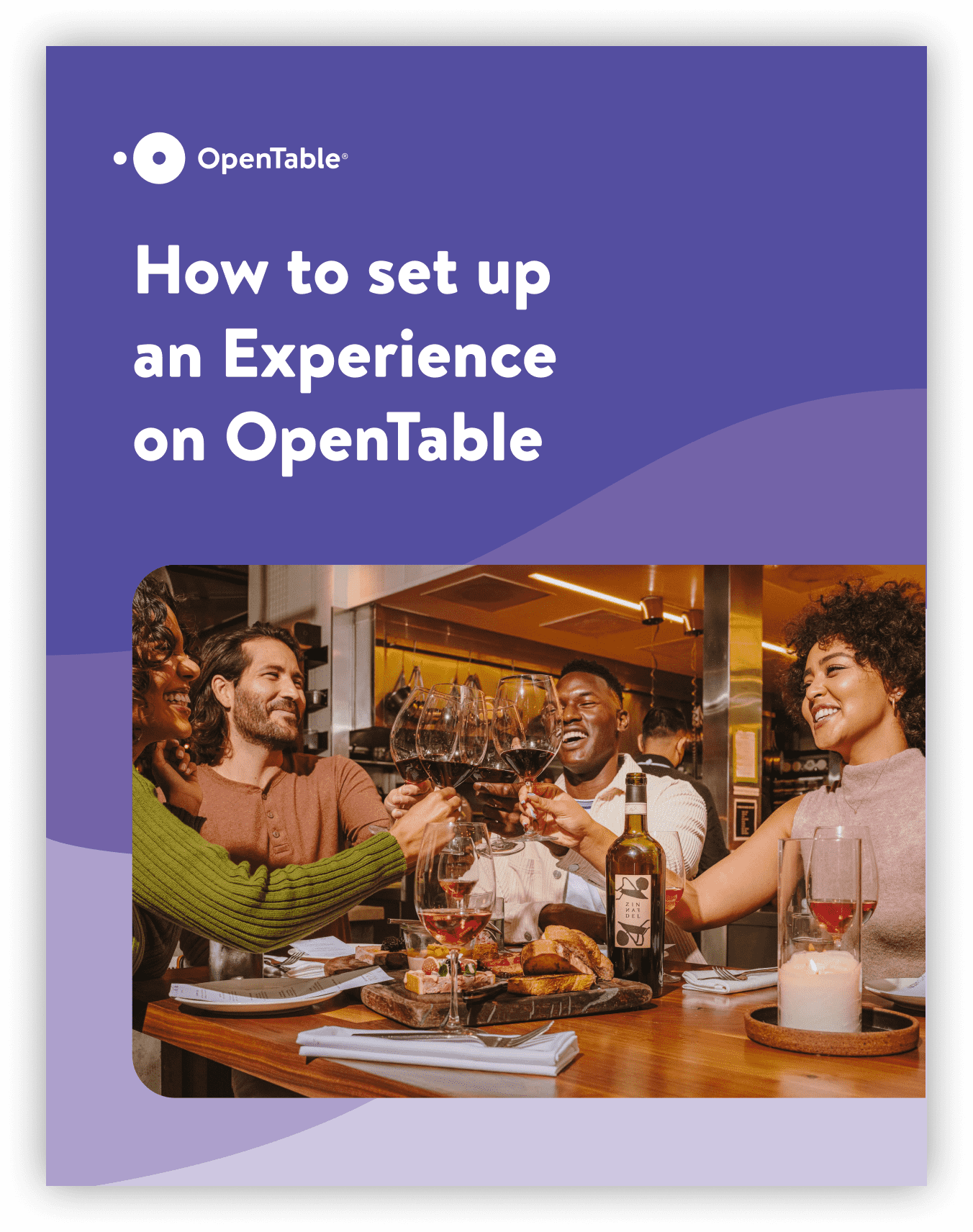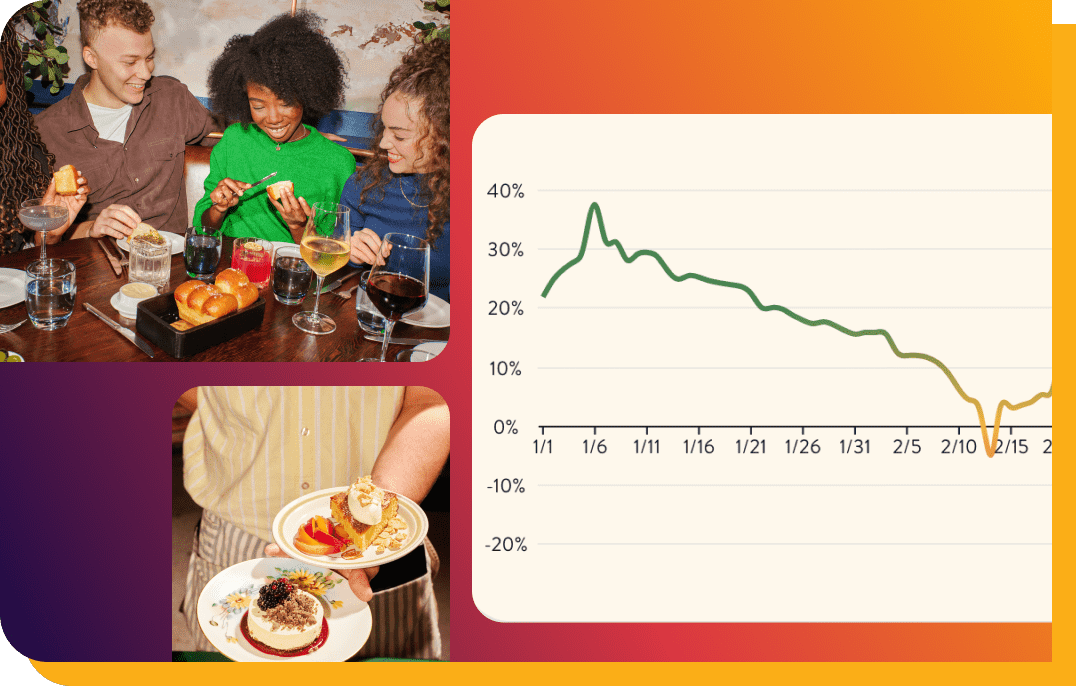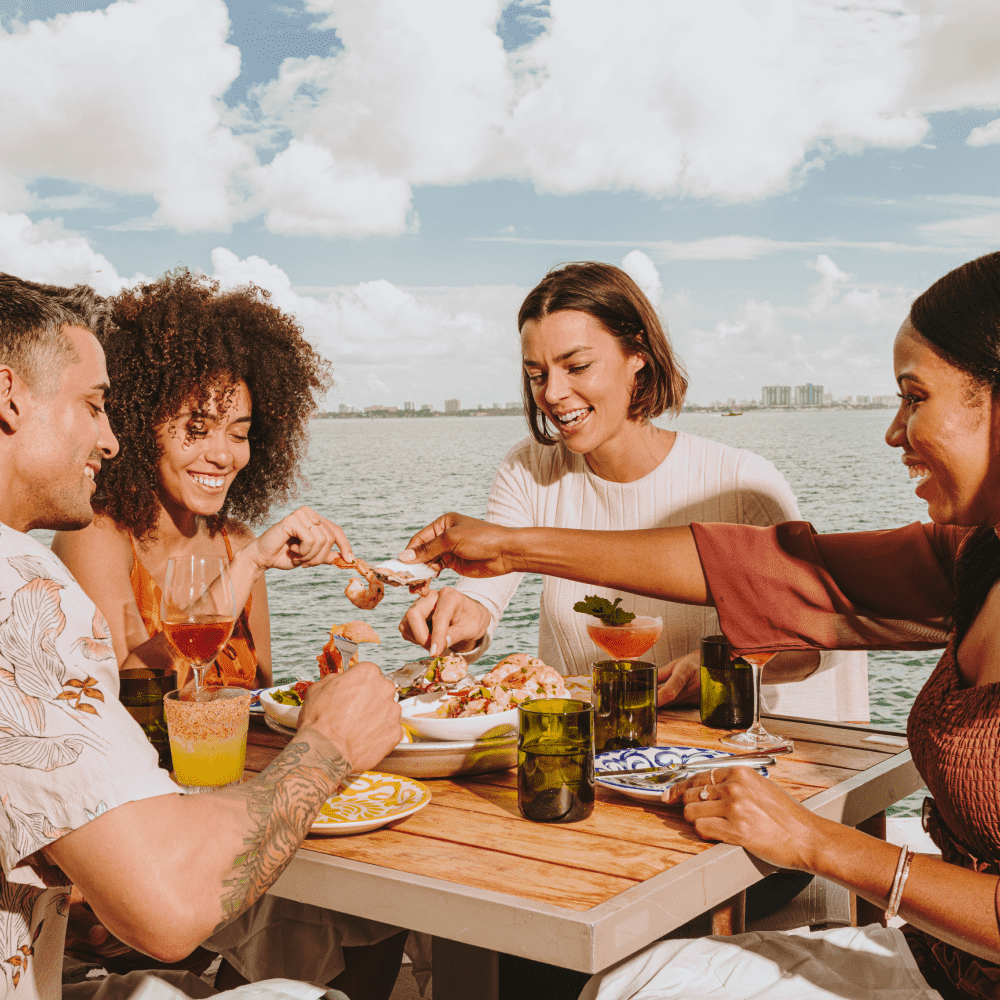With varying degrees of caution, people have returned to restaurants. Many vaccinated diners feel more at ease meeting for dinner or drinks at the bar than they did this time last year. A sense of community and liveliness has returned at least somewhat to restaurants. And these small moments are the aspects of work in hospitality that Harrison Smith, general manager at Uni Restaurant in Boston, will never take for granted again.
OpenTable caught up with Smith to talk about what it’s like finding his footing after more than a year of pandemic restrictions.
What is helping you navigate the transition back to normal?
First of all, OpenTable. It’s the industry standard for reservation systems. I have a lot of control when it comes to pacing the flow of guests during a service, which is so important right now. It allows me to test things and make adjustments on the fly to ensure every service runs smoothly. It’s easy to do from anywhere or while on the go.
I’ve spent a fair amount of time in the OpenTable settings to make sure our available reservations are really spread out. We don’t want to be in the tough situation of having everyone and their mother coming through the door at 7 p.m. OpenTable gives us the tools we need to space things out so the bar, servers, and kitchen staff don’t get overwhelmed.
OpenTable offers the flexibility that our restaurant needs, especially as things are changing. We had to make a lot of adjustments to our reservations system at different times over the past year with COVID, and things are still changing. OpenTable lets us update things in real time. We often adjust seating, reservations, and capacity limits. It allows me to test things and make adjustments on the fly to ensure every service runs smoothly.
How are you delivering personalized hospitality?
For one thing, we love using the guest notes. We ask all our servers to take a few notes on their tables, and it’s easy to do. It takes two minutes to update. We’ll make a note if a table enjoyed a specific bottle of sake or if they have food preferences or allergies, for example. We’ll also note little things, like whether they prefer sparkling or still water, so the next time they dine with us we don’t have to ask. It’s nice to have this information in the future—it really sets our service apart from other restaurants.
We use guest notes with everyone, but it also helps with VIPs. I want to make sure everyone working is alerted when VIP guests are in the house. We like to provide little extra touches and magic that make them feel special. OpenTable’s guest management can help make the magic happen without me being there 24/7.
What’s your trick for saving time and improving efficiency?
I get so many emails every day asking about reservations. Instead of spending time reading, writing, and responding to these emails, I can usually send them a link to reserve on OpenTable. You’d be surprised, but all together, using OpenTable saves me anywhere from 5 to 10 hours a week on inquiries like these.
The Tetris view of the tables also saves time. I can easily rearrange things, and it’s so much faster and easier to do this visually. It means I can pull my attention away from reservations and not keep my brain in that all night long. I know the software will make the right decisions for me.
What do you love about the industry and what are your hopes for the future?
These past few weeks, we’ve finally gotten back all the things we love about the restaurant industry. You know: having guests in seats, loud music, the energy of people at different tables talking with each other. People are sitting next to each other at the bar, and our bar staff is interacting with them. Just everyone connecting and making friends at the restaurant again. It’s been so much fun. You know, it’s just been a wonderful reminder that this is the job I love. This is the industry I love.




